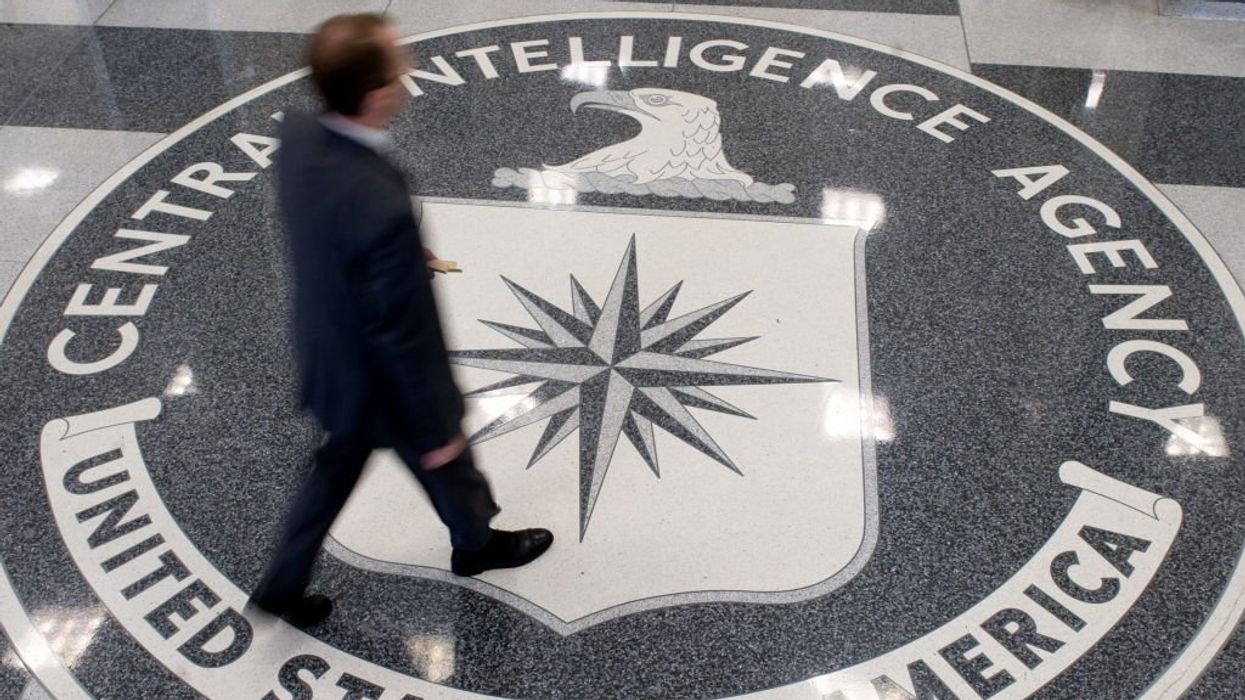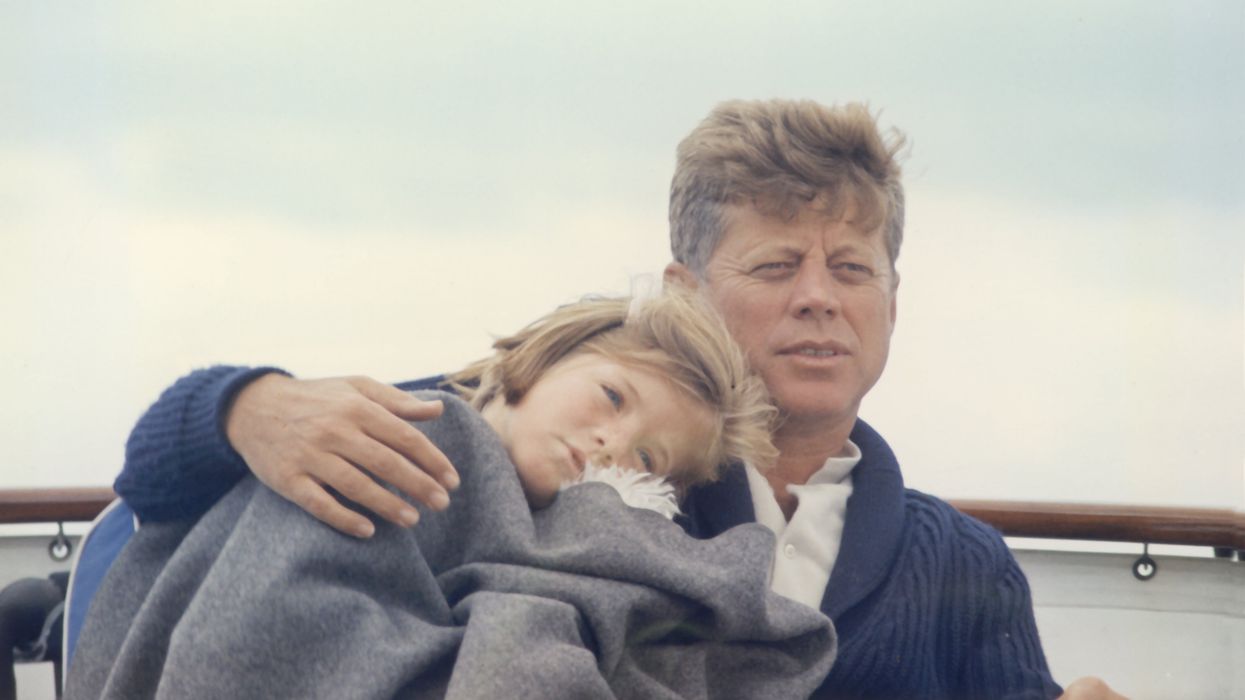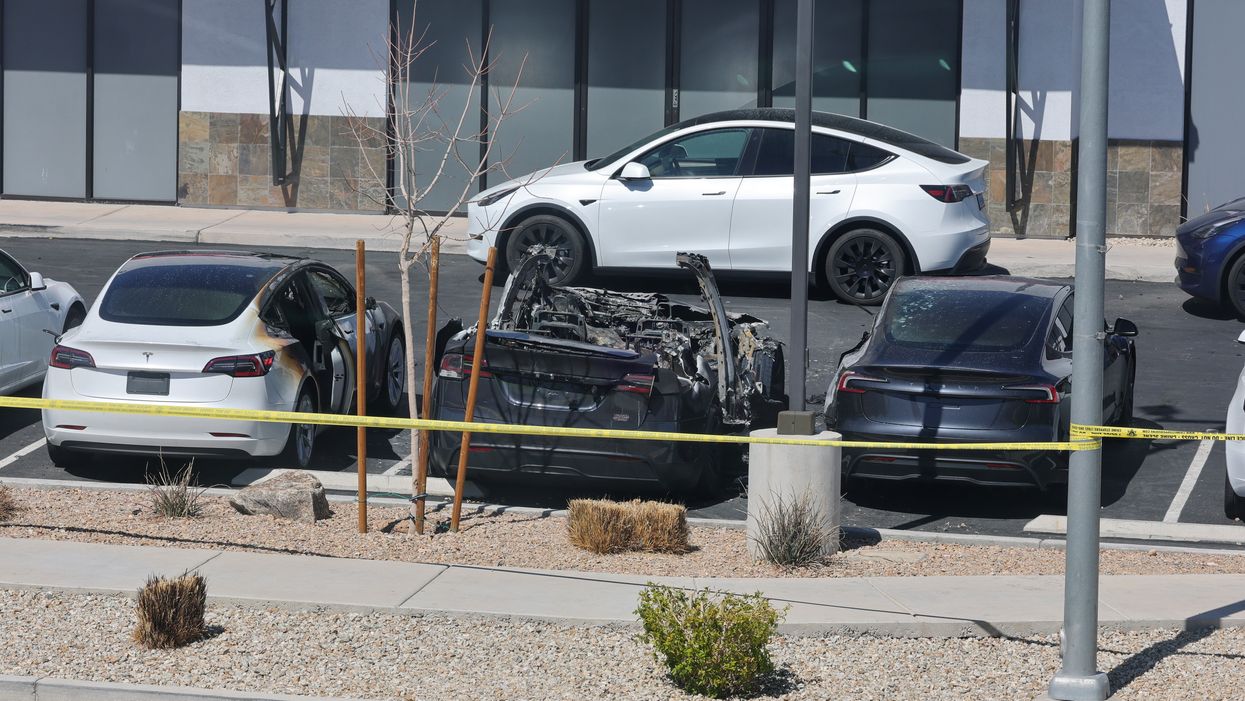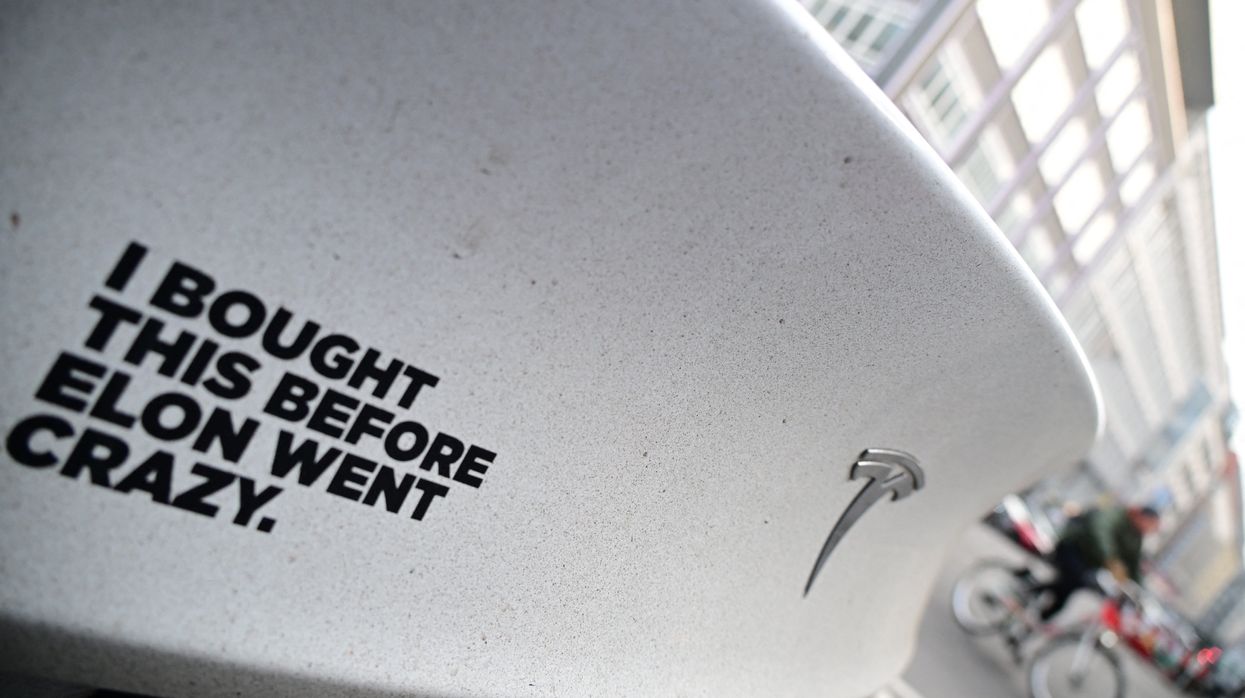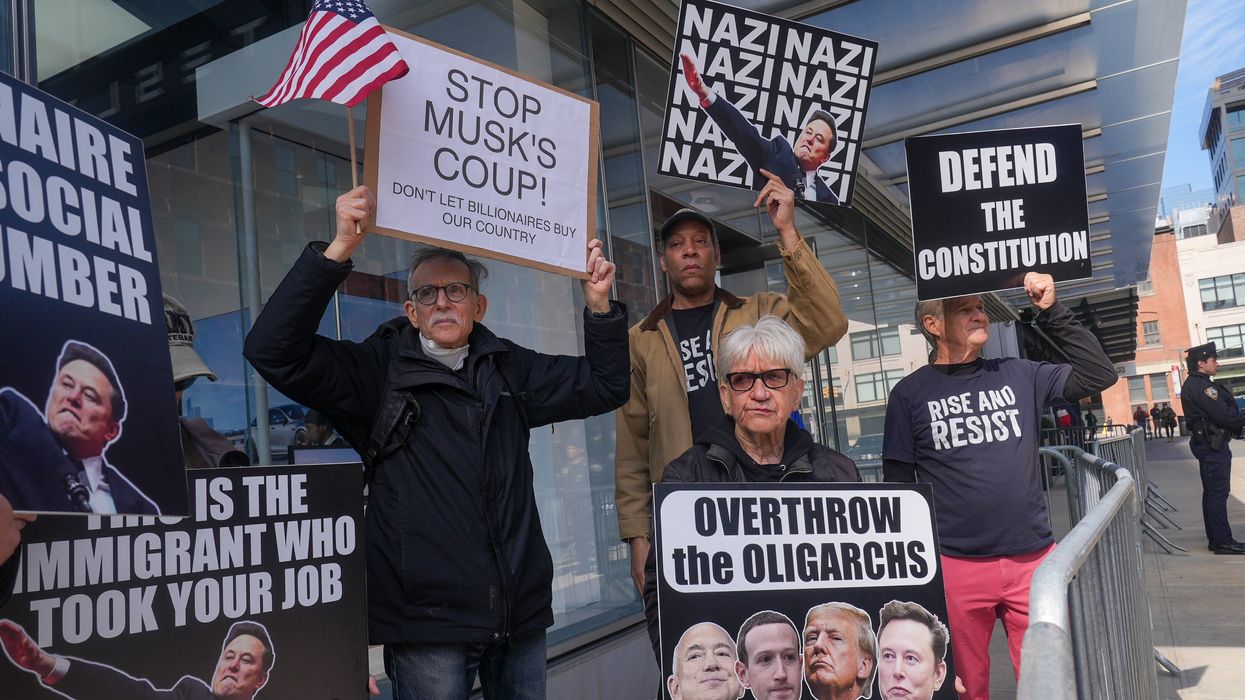For months during the 2016 GOP primary, Donald Trump lamented that the system was rigged through delegate manipulation and the election was being stolen. However, these accusations are without merit. In fact, by his illogical and inaccurate reasoning, Abraham Lincoln would have "stolen" the election of 1860. In this four-part series on contested conventions, we explore past conventions that, today, some may say were "stolen," but followed the established rules and protocols to reach the eventual outcome.
The Contested Convention Part I: 1860 (Republicans)
The year was 1860. It was the GOP's second nominating convention --- and also its first contested election. The fledgling anti-slavery party --- the Republican Party --- had lost its first general election in 1856, but gained a lot of sympathy and momentum. And it believed their nominee, this time, would go on to win the presidency.
In The Great Comeback, How Lincoln Beat the Odds, author Gary Ecelbarger explains this new political entity.
The Republican Party is a big tent fusion party. It is not the GOP, the Grand Old Party. It is the BNP, the brand-new party. And the problem with the brand-new party is that its elements, its makeup were people that were politically opposed to each other just a few years before. The Republican Party consisted of old Democrats and old Whigs and old free-soilers and old American and know-nothing elements. These were people that are politically opposed to each other, and they still hated each other.
The only thing they agreed on was the main principle of the Republican Party --- not to extend slavery into the territorial region of the United States, what will eventually become the Dakotas, Montana, Idaho, Wyoming, Nebraska, of course, and part of Colorado and Utah, which was a real threat when Stephen A. Douglas passed the Kansas-Nebraska act in 1854.
Because so many prominent Republicans from different states were potential nominees, finding a neutral location was challenging. The city that looked the most promising because of its hotels and railroads was St. Louis. But the city posed its own challenges. While the parties were fighting about the location, Norman B. Judd suggested the city of Chicago, a neutral place where all would have an equal chance.
Little did they realize that Judd was a supporter of Abraham Lincoln's, under the radar. When the final votes came through, Chicago, a city in Lincoln's home state, won by one vote --- Judd's.
Heading into the convention, the presumptive favorite was a very confident senator William Seward who brought 19 train cars full of supporters with him to Chicago. Lincoln, however, used his home state advantage well. His supporters went to work, printing up counterfeit tickets they handed out to those friendly to their cause, loading the convention with supporters and causing many of Seward's supporters to stand outside the convention. For those who did make it inside, Lincoln's people maneuvered them into an area where they would be isolated from those who might sway their opinion.
Dirty tricks? Rigged election? No. That's the way the system worked.
The goal of the underdogs in the race, especially Lincoln, was to keep Seward under the required 233 delegate count on the first ballot. After that, Lincoln and his supporters strongly believed that they had a good chance to catch him on the second or third ballot.
The strategy worked. On the corrected third ballot, Abraham Lincoln won his party's nomination with 349 delegates to Seward's 111.5.
Lincoln, as we all know, went on to defeat Democrat Stephen Douglas, the man who had beaten him for the Illinois senate seat just two years prior.
Most Americans would agree that the election of 1860 was not stolen and the exact right man was put into that position at the right time. Most would agree that no one could have seen America through her most difficult hour other than Abraham Lincoln.
Listen to the Full Series on Contested Convention

